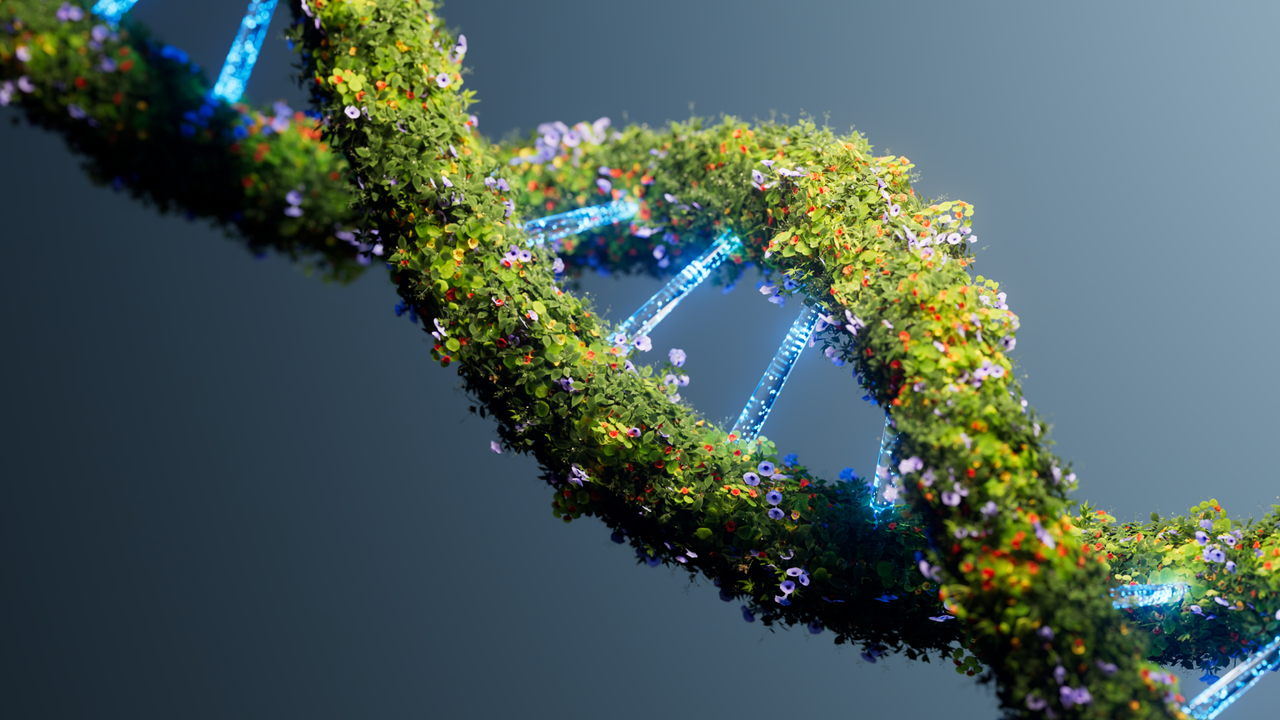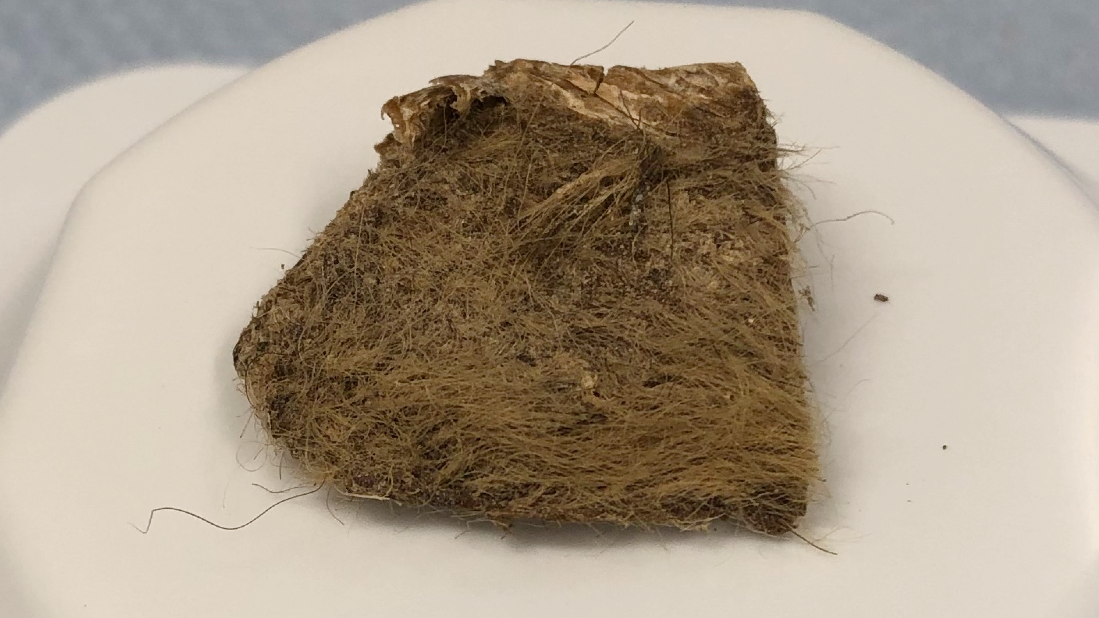How long does DNA last?
NeutralScience

Scientists have discovered the world's oldest DNA, dating back 2.4 million years, from an ecosystem in Greenland. This remarkable finding raises intriguing questions about the potential to sequence even older DNA in the future, which could provide valuable insights into ancient life and environmental changes over millennia.
— via World Pulse Now AI Editorial System





